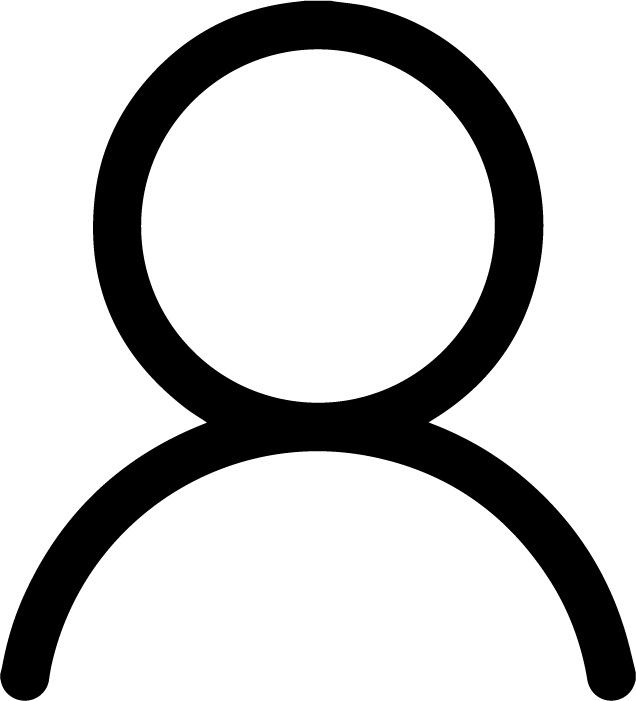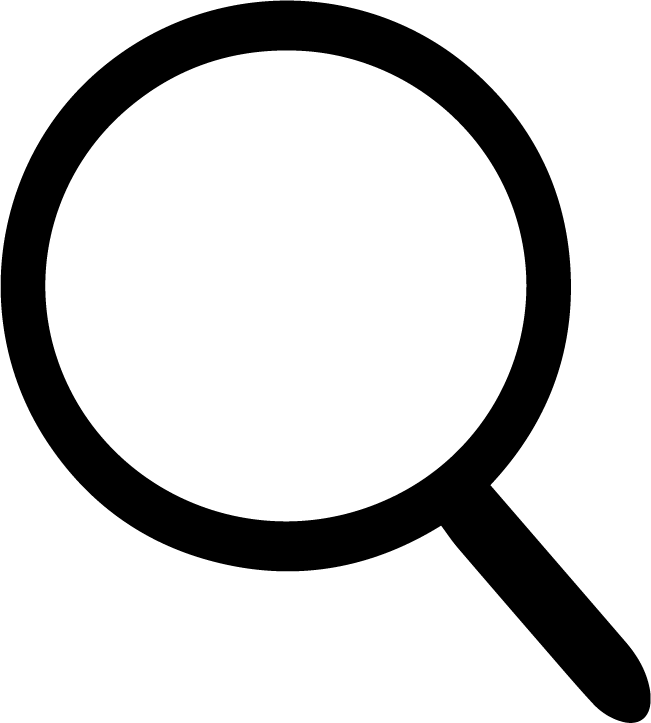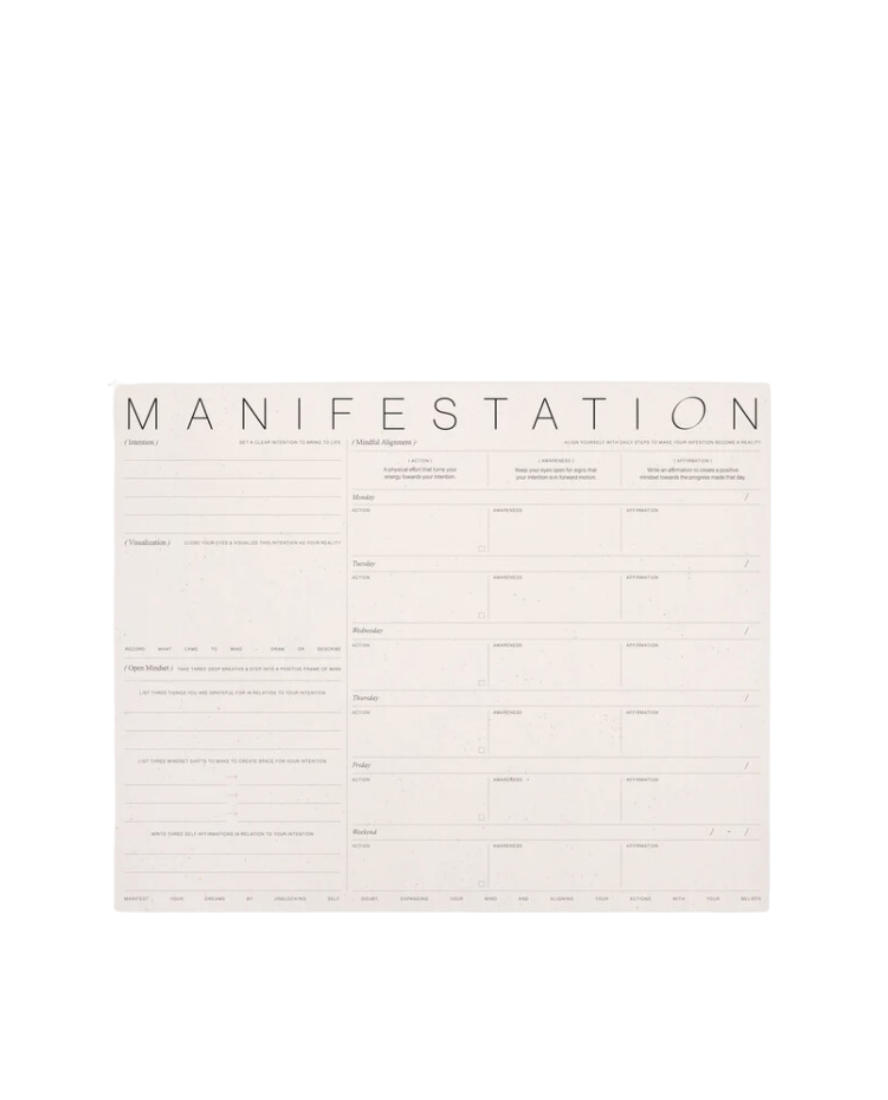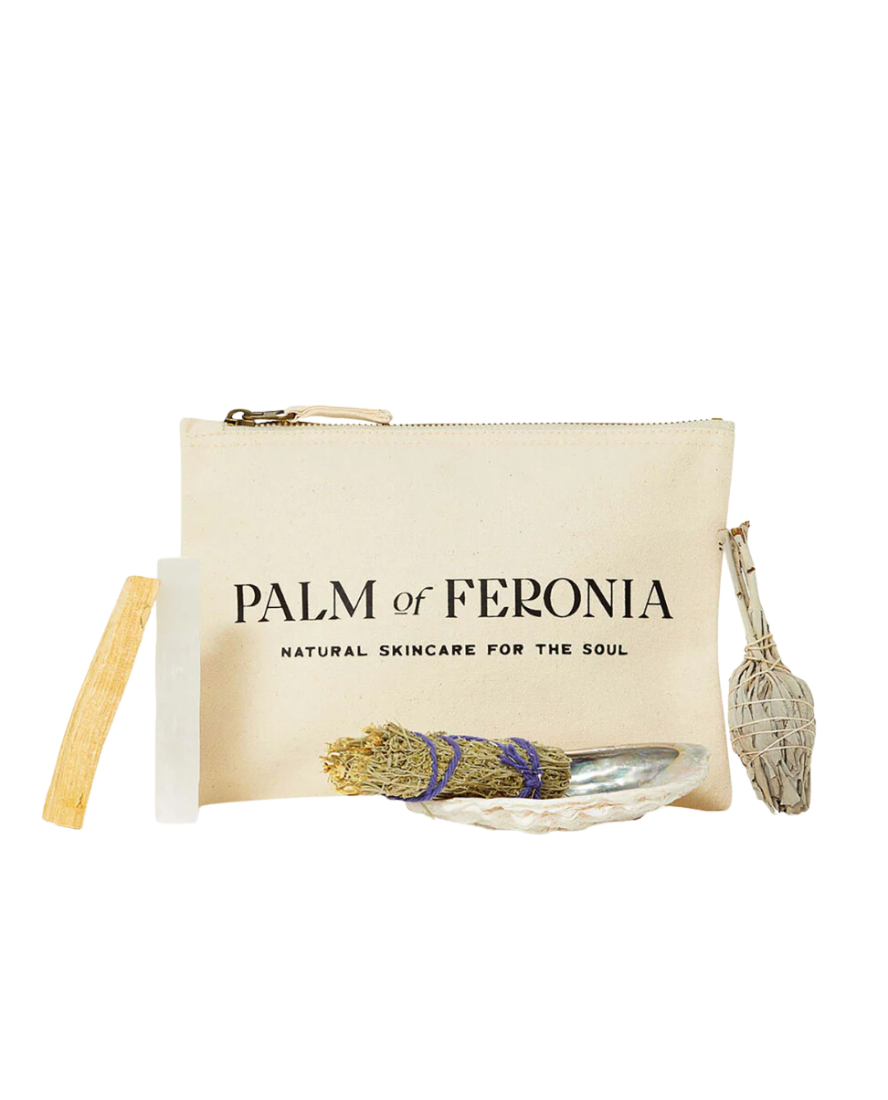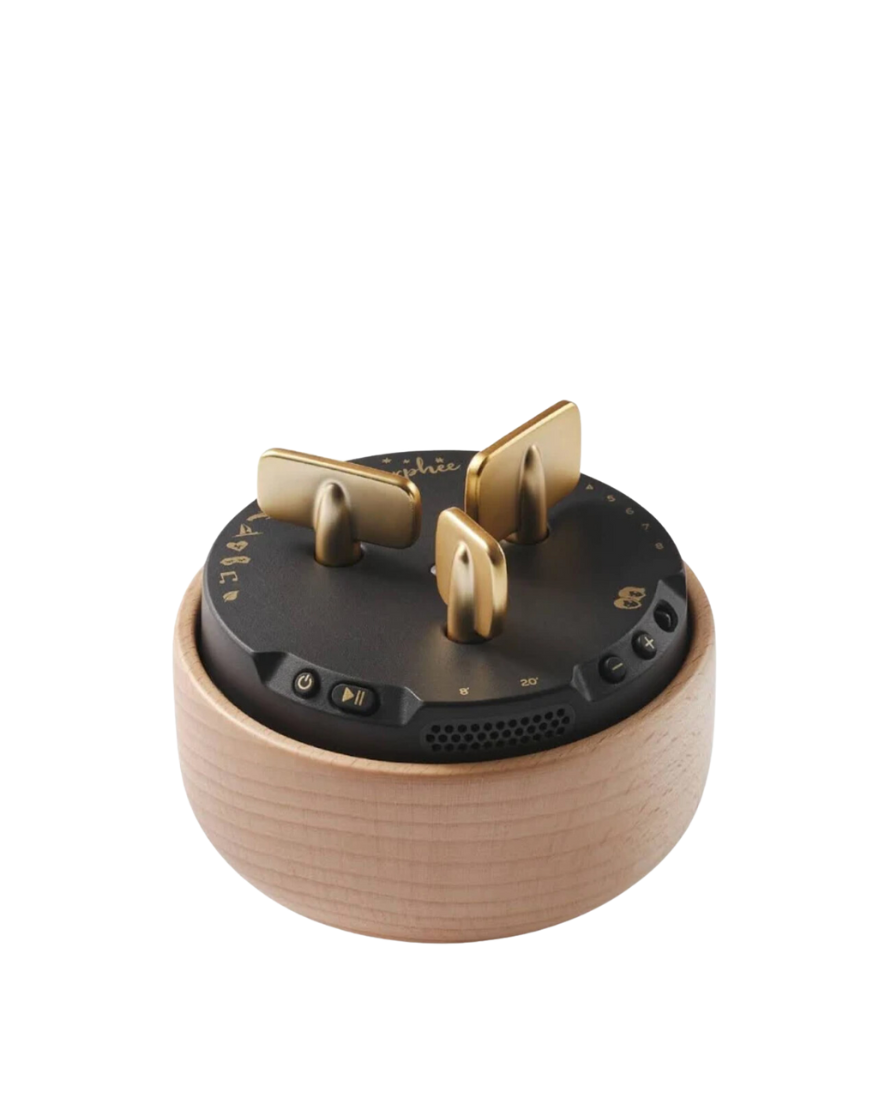In the simplest possible terms, the divine masculine is often expressed through traits like logic, structure, action, assertiveness, risk-taking and protection. The divine feminine, on the other hand, is defined by qualities like empathy, patience, acceptance, nurturing, compassion, collaboration, and intuition.
These energies should be channelled in different ways or in different situations, but they shouldn’t live in opposition or clash. On the contrary, an excessive focus on masculine qualities throughout history has led the way for what we call “toxic masculinity,” and an imbalance in the way society talks about and cares for men and women in entirely different ways.
While we all possess both masculine and feminine energies, we might lean more on one or the other at different times. For example, when we make a plan of action in order to pursue a particular goal and achieve a certain result, we are tapping into our divine masculine. In turn, when we focus on trying to resolve a problem in a creative fashion, or nurturing ourselves and others with kindness and ease, that’s our divine feminine in action.


